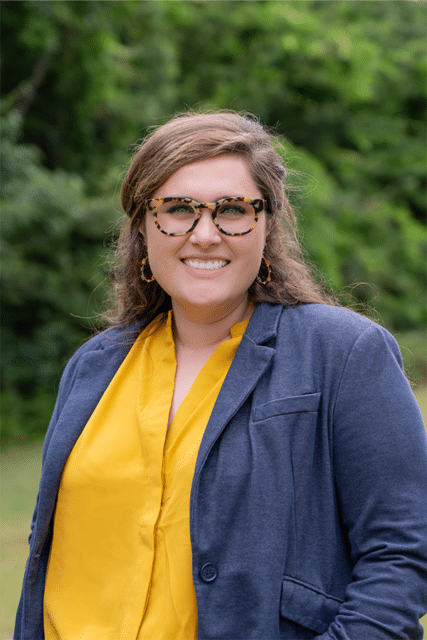Shovel-ready. Development-ready. Certified. Investment-ready. These are all terms utilized to indicate a property has undergone a site readiness effort to proactively prepare for development. Site readiness efforts entail documenting a property’s characteristics and then developing and executing plans to better position the property for development. The value of site readiness programs for companies seeking to locate facilities are properties with accelerated development timelines and reduced risk – which are essential in the deadline-driven world of site selection.
Across the country, 27 states have state-led site readiness programs either in place or actively under development. In addition to state-led programs, there are numerous site readiness initiatives that are sponsored by other entities such as utility companies, rail providers, and regional or local economic development organizations. The proliferation of site readiness initiatives is indicative of the benefits that they bring to both companies and communities.
However, one significant challenge in the marketplace remains: site readiness programs look different across the United States. Site selectors and corporate end users need to be aware of the substantial differences in programs and look closely to understand how truly “ready” a site is – regardless of the designation used in marketing the property.
Over the past few years, the Quest team has conducted detailed research on site readiness programs across the country. Based on this research, and her substantial experience in site readiness as both a local economic developer and now a site selection consultant, Taylor Dietz, CEcD summarized some of the key elements of state-led site readiness programs in an article for Expansion Solutions Magazine. Continue reading on ExpansionSolutionsMagazine.com

Taylor Dietz is a site consultant at Quest Site Solutions, playing an integral role in site selection and economic development projects. She collaborates with companies to advance their capital investment plans and assists communities with creative strategies to grow their economies. Before joining Quest as a Consultant, Taylor worked as an economic developer in Georgia communities, specializing in site evaluation, data analysis, and project management. She achieved designation as a Certified Economic Developer (CEcD) from the International Economic Development Council. Taylor has a Master’s in Public Administration, a Bachelor’s of Science in Economics, and a Bachelor’s of Art in Political Science from Georgia College & State University.